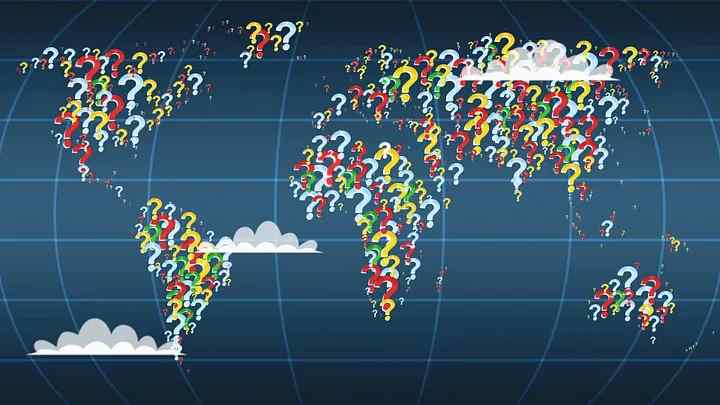Author: Kiersten Sundell

We’ve talked a lot about the COP pledge to triple global nuclear capacity by 2050, but there’s more to unpack.
The pledge began with 22 countries on board, which later increased to 25. There many more countries that utilize nuclear power which were conspicuously absent from the agreement, however, so let’s talk about them.
First, we’ve got China, Russia, Iran, Pakistan, Bangladesh, Turkey, Taiwan, and Belarus. It may seem crass to group all of these politically, ethnically, and economically diverse countries together, but hear me out.
Russia is the world’s leading exporter of nuclear power plants and has the fourth-largest nuclear energy capacity globally. China has built the most nuclear power plants of any country in the last two decades and ranks third globally in capacity. So why don’t they want to help triple global nuclear?
Well, international politics play a significant role in this agreement. Yes, it’s about clean energy, but the agreement is also an alliance of sorts, involving hundreds of billions of dollars. Countries may be hesitant to enter agreements perceived as being dominated by rival powers or political blocs. By the same token, countries like the U.S., Japan, Canada, France, and the UK, who facilitated the agreement, might not want their names grouped with nations that initiate senseless wars and routinely commit grave human rights violations.
Other, perhaps even more surprising countries that didn’t join the agreement include Brazil, Mexico, Belgium, Spain, Argentina, Switzerland, South Africa, and India. These countries have established nuclear power programs, and we were a bit surprised not to see them on the list. There are clearly unique circumstances within each country that contribute to their absence, so let’s touch on a few specific cases.
India has a rapidly growing nuclear program and views it as key in meeting increasing energy demands, but the Indian government is very wary of nearby conflict. They’ve remained neutral on the Russia-Ukraine war, and with China next door, they’re reluctant to weigh in on Taiwan. You can understand the caution about entering an international agreement that might limit their relationships with nearby powerful countries who also stayed out of the agreement — e.g. China and Russia.
Countries like Spain, Switzerland, and Belgium are likely hopping on the European bandwagon of putting renewables everywhere, even in places where they’re not the best fit — (we’re looking at you, German solar). Belgium is actually hosting the first ever high-level international nuclear summit in March, so maybe sentiments will change and they’ll join the agreement late.
Luckily nuclear power is an exact science, because politics sure aren’t. Check out the full video on our TikTok page!


